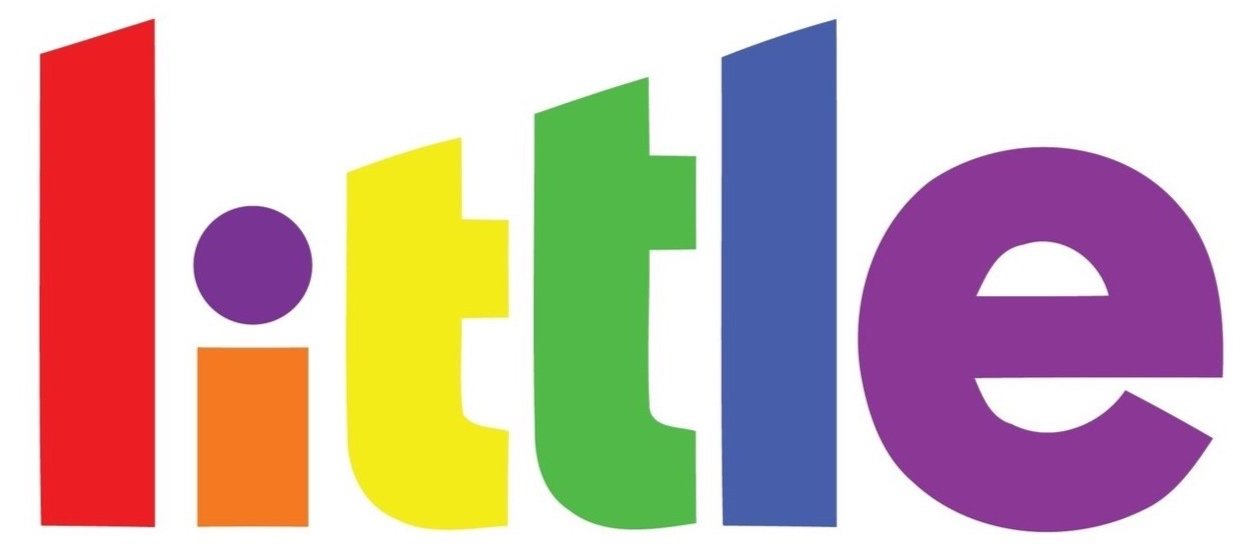5 Reasons your Baby Cries During Massage
You've heard about all the benefits and now you've decided to try baby massage - that's great! But once you start your baby starts to cry. With each stroke, the tension builds until they are screaming and tearful. This is supposed to be a quality bonding moment, but it’s quickly becoming stressful and difficult. So what should you do when your baby cries during massage?
If baby massage hasn't been working for you, you've come to the right place. I'm going to give you 5 quick troubleshooting ideas to help you and your baby enjoy infant massage again.
Pressure of the massage
Massaging your baby too firmly can cause tears - for obvious reasons, perhaps. It should go without saying that we never want baby massage to be painful, so even our "firm" strokes should stay on the gentle side. But did you know that being too gentle can also make your baby cry during a massage? A very light touch can feel ticklish, overstimulating the baby and eventually making them feel overwhelmed and stressed.
Experiment with your pressure, trying each stroke slightly more softly, then slightly more firmly to get an idea of what your child prefers. Everyone is an individual with their own preferences, your baby included! So it's well worth taking your time to work out what kind of pressure they like best.
Overstimulated
While we think of massages as relaxing and calming, for young babies they can be very stimulating and tiring. That's because baby massage engages the first sense that infants develop: the sense of touch. As you massage your baby, the two of you are communicating through the powerful language of touch. This is a wonderful and special experience, but it can be very tiring for your baby and lead to overstimulation.
Look out for early signs of overstimulation such as sneezing, looking away from you or clenching their fists. If you think your baby is overstimulated, stop the massage, swaddle them (if that's your preference) and hold them close to you to calm them. Come back to massage another day. You will find that with time, your baby will build up his or her tolerance for infant massage, and will not get so overstimulated.
Too hot or cold
Since it's usually best to undress your baby before a massage, it's easy to imagine that they may get cold during their experience. It's hard to enjoy a massage if you're too cold: your baby's attention will be on their discomfort, instead of the special moment they are sharing with you. Putting your hand on their tummy can give you a good idea of your baby's temperature. If they don't feel warm to the touch then they are too cold. Some parents like to dress their baby in zip-front pyjamas during their massage, unzipping it to expose the parts they're massaging as needed.
If you have switched off the air conditioning in fear of your baby getting too cold during their massage, they may be overheating. If they are turning red or appear to be sweating, try turning on the A/C or a fan for them.
Hungry or thirsty
I mentioned before that baby massage can be a very stimulating experience - in many ways it is a form of exercise for your child! That's why it can make them extra hungry or thirsty. If your baby cries during massage time, look out for their usual hunger cues. It's OK to pause the massage to feed them. In fact, since baby massage is always baby led, it's especially important to attend to their needs.
Some baby massage strokes can be done while breastfeeding - let me know in the comments if you'd like to learn them!
Feeling unwell
It is important to never massage a baby who is sick with a fever or in pain. That's why we wait to practice baby massage for 24 hours after vaccinations. However, some baby massage strokes can help to relieve symptoms of colds and congestion or teething pain, so you might try it if your baby is mildly ill. Keep a close eye on your infant and if they cry, protest or seem to be in pain then stop the massage. In some circumstances, you could move on to try massaging another part of their body, but if the crying continues then it's time to stop baby massage for the day.
If your child suffers from trapped wind or colic, digestive massage strokes may cause them some pain. Experiment with pressure to see if you're massaging too firmly, but if the crying continues then listen to your baby and stop their massage.
Still having difficulty with baby massage? Our easy to follow online course is here to help you. Visit www.little.hk/foreverlittle to unlock lifetime access.




